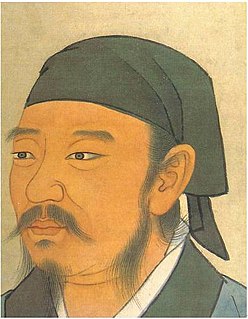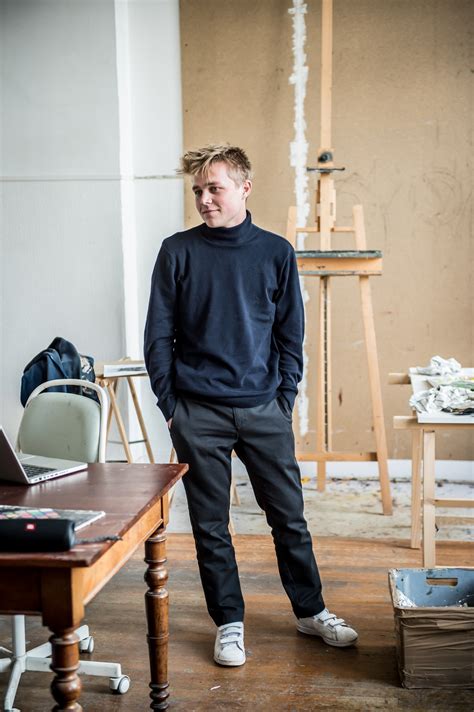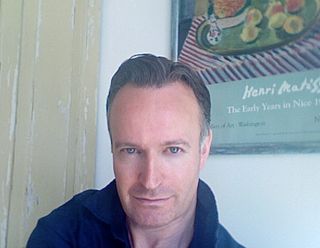A Quote by Richard Hugo
Scholars look for final truths they will never find. Creative writers concern themselves with possibilities that are always there to the receptive.
Related Quotes
I believe that all is illusion and vanity outside the treasure of truths slowly accumulated, and which will never again be lost. I believe that the sum of these truths, always increasing, will at last confer on man incalculable power and peace, if not happiness. Yes, I believe in the final triumph of life.
On the eve of long voyages or an absence of many years, friends who are tenderly attached will seperate with the usual look, the usual pressure of the hand, planning one final interview for the morrow, while each well knows that it is but a poor feint to save the pain of uttering that one word, and the meeting will never be. Should possibilities be worse to bear than certainties?
..few writers like other writers' works. The only time they like them is when they are dead or if they have been for a long time. Writers only like to sniff their own turds. I am one of those. I don't even like to talk to writers, look at them or worse, listen to them. And the worst is to drink with them, they slobber all over themselves, really look piteous, look like they are searching for the wing of the mother. I'd rather think about death than about other writers. Far more pleasant.
I'm not interested in writers who are overcome with certainty, with single-mindedness, or with a sense of how consistent and morally upstanding they are. My writers are in the thick of it and they seek the truth, rather than embody it, and sometimes they find truths that don't sit palatably or easily together. That's life. That's personality. And that's writing.
All truths are erroneous. This is the very essence of the dialectical process: today's truths become errors tomorrow; there is no final number. This truth (the only one) is for the strong alone. Weak-nerved minds insist on a finite universe, a last number; they need, in Nietzsche's words, "the crutches of certainty". The weak-nerved lack the strength to include themselves in the dialectic syllogism.
The question for the ultimate foundations and the ultimate meaning of mathematics remains open; we do not know in which direction it will find its final solution nor even whether a final objective answer can be expected at all. "Mathematizing" may well be a creative activity of man, like language or music, of primary originality, whose historical decisions defy complete objective rationalization.







































